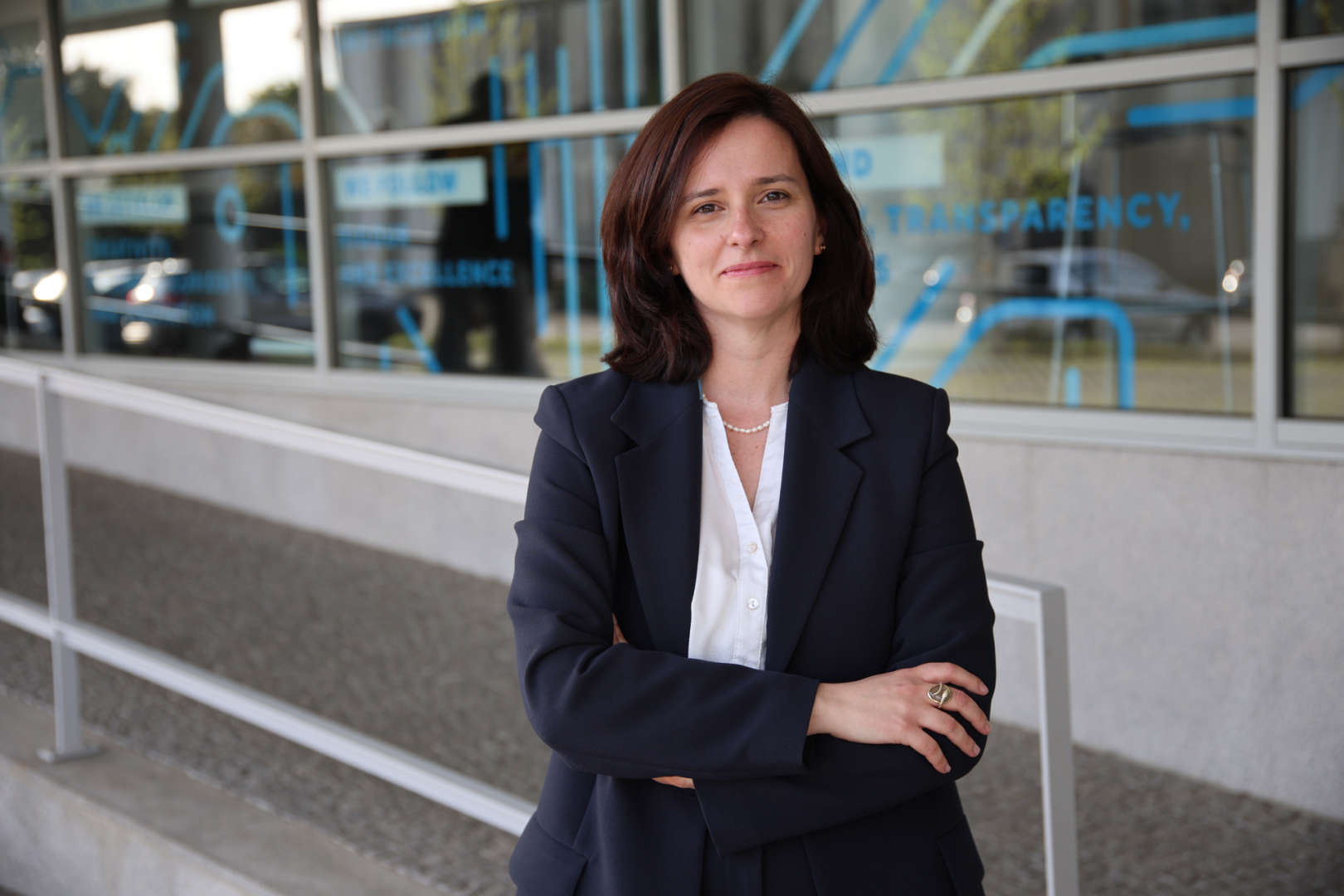About
I'm a member of the Centre for Power and Energy Systems of INESC TEC since 2011, currently holding a Senior Researcher position. I received my MSc and PhD degrees in Electrical Engineering from the Faculty of Engineering, University of Porto (FEUP) in 2008 and 2015 respectively. My research interests are focused on the operation of distribution networks within smart grid context, considering the large scale integration of Distributed Energy Resources and microgrid concepts. I have been involved in several national and European projects, such as MERGE, SENSIBLE and UPGRID project, namely in the development and demonstration activities in INESC TEC Smart Grids and Electric Vehicles laboratory of control and management strategies to enable the safe integration of Distributed Energy Resources in distribution networks, particularly when operating islanded from the main grid.


